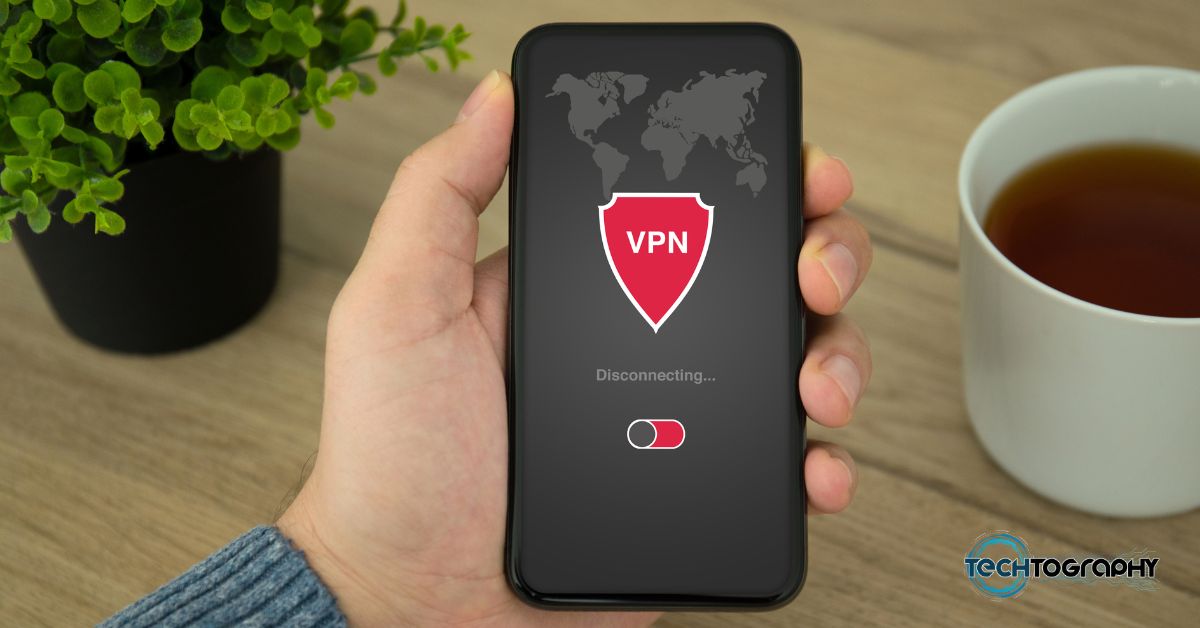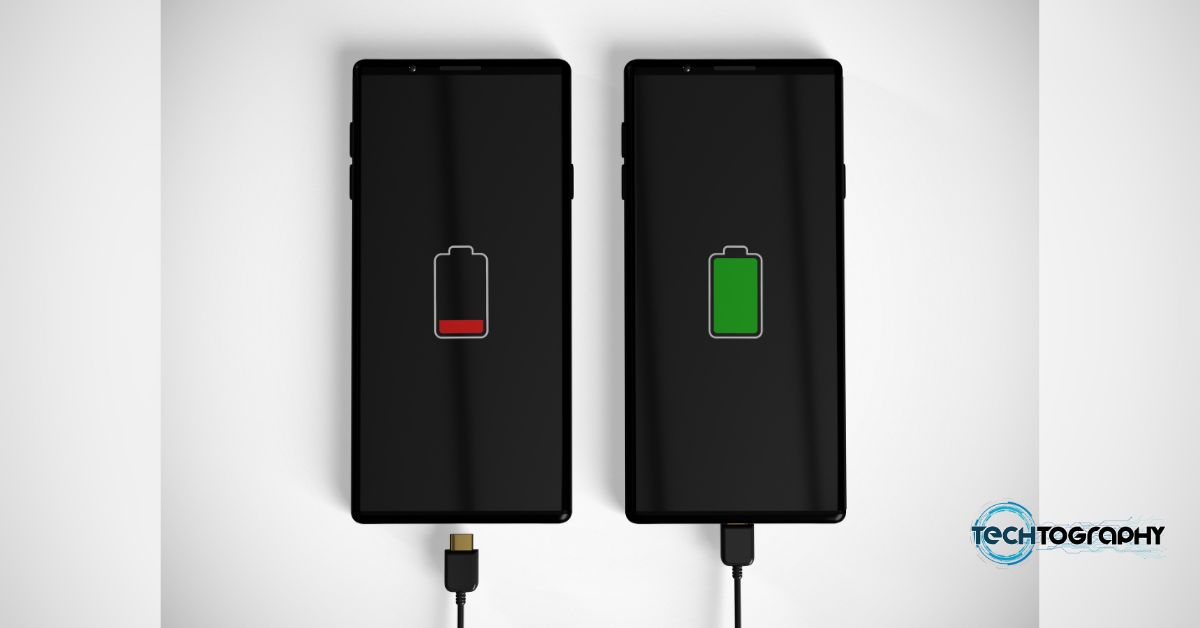As technology progresses, so do our concerns about privacy and security on the internet. Virtual Private Networks (VPNs) have become a popular solution for those looking to secure their online presence and access geo-restricted content. However, not all VPNs are created equal. In this article, we’ll delve into the red flags of VPNs and share tips on how to avoid them.
- Free VPNs: A Risky Proposition
One of the most significant red flags when it comes to VPNs is the “free” tag. Free VPNs may seem like a cost-effective solution, but they often come with a hidden price: your privacy. Many free VPNs generate revenue by selling your data to third parties or displaying ads, negating the very purpose of using a VPN.
Tip: Opt for a reputable paid top VPN service that prioritizes user privacy and does not log your data.
- Lack of Transparency
Trustworthy VPNs are open about their privacy policies, security measures, and jurisdiction. If a VPN service is vague about these details or buries them deep within their website, it’s best to steer clear.
Tip: Look for VPNs with clear, easy-to-understand privacy policies and strong encryption protocols, preferably based in countries with strong privacy laws.
- Limited Server Selection
A VPN with a small server network is another red flag. Limited server options can result in slow speeds and connectivity issues. Moreover, it may be an indication that the VPN provider is cutting corners in other areas.
Tip: Choose a VPN with a large and diverse server network, which can provide optimal speeds and better overall performance.
- Unsupported Platforms or Devices
A VPN provider that doesn’t support multiple platforms or devices may not be reliable. It’s essential to select a VPN that offers compatibility with a wide range of devices and operating systems.
Tip: Ensure the VPN you choose supports your preferred devices, and check if they offer user-friendly apps for seamless integration.
- Negative Reviews or Lack of Reviews
Word of mouth and online reviews can provide valuable insights into the quality and reliability of a VPN service. A VPN with numerous negative reviews or a lack of reviews altogether should raise concerns.
Tip: Read reviews from multiple sources, including tech blogs, forums, and social media, to get a comprehensive understanding of a VPN’s reputation.
- Poor Customer Support
Responsive and helpful customer support is crucial when using a VPN service. If you encounter issues or have questions, you’ll want a knowledgeable team that can assist you promptly.
Tip: Test the customer support of a VPN provider before subscribing. Top VPN services often offer multiple support channels, such as live chat, email, and comprehensive help centers.
Conclusion:
In a world where online privacy is increasingly important, it’s essential to choose a trusted and reputable VPN service. By being aware of the red flags mentioned above and using our tips to avoid them, you’ll be well on your way to securing your online presence with a reliable VPN. Remember, when it comes to your online privacy, it’s better to be safe than sorry.





